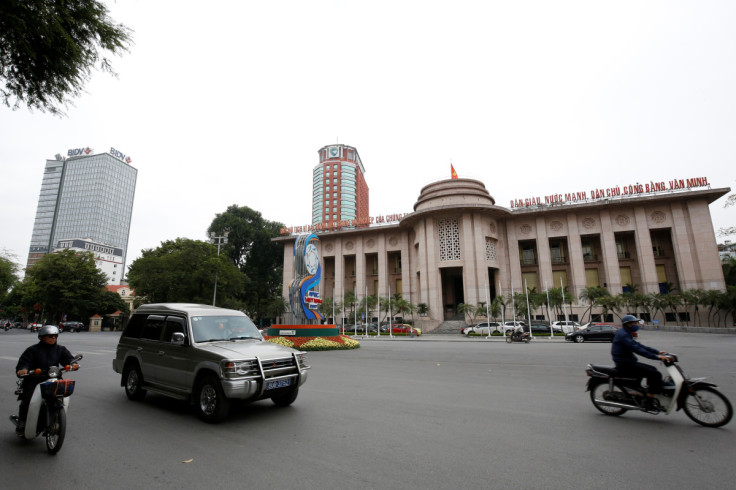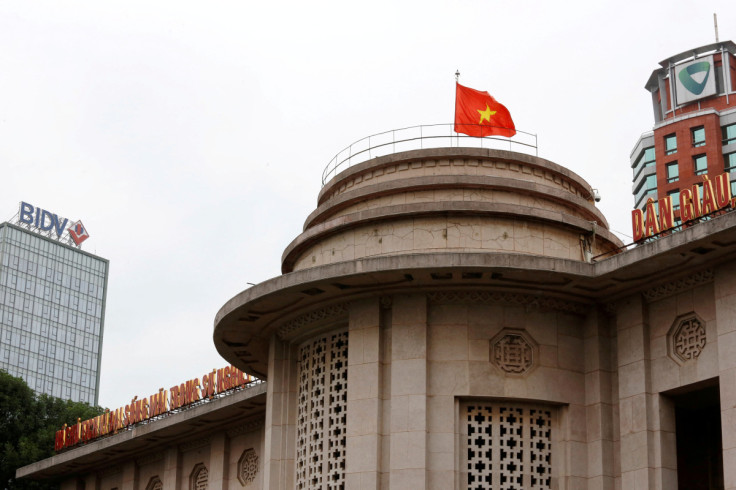Vietnam Central Bank To Keep Monetary Policy Flexible In 2023, Tame Inflation

Vietnam's central bank pledged on Friday to keep monetary policy flexible for the rest of the year to support economic stability amid external challenges, with space for more interest rate cuts while it prioritises keeping inflation in check.
The State Bank of Vietnam (SBV) said it was confident the country can keep inflation below 4.5% this year, after the consumer price index in February edged down from the previous month.
Pham Chi Quang head of SBV's monetary policy department, said the U.S. Federal Reserve's move to ease its rate hikes meant Vietnam would consider further cutting rates in future to support growth, which slowed to 3.32% in the first quarter, against a 5.92% expansion in the fourth quarter of 2022.
Earlier this month, the SBV cut several policy rates to increase liquidity and help spur growth, in a surprise move that bucked those of regional peers amid global financial turmoil.
"The banking system's liquidity is abundant now," Quang told a news conference.
Vietnam, a regional manufacturing powerhouse, has targeted growth of 6.5% this year, but has been struggling as global demand slows for its key exports, which include textiles, footwear and electronic goods like smartphones.
However, global monetary tightening continues to affect Vietnam, as does the ongoing international banking turmoil, said deputy central bank governor Dao Minh Tu.
"Our most important task is to keep inflation under control," Tu said.
Official data showed consumer prices in March fell 0.23% from February while average consumer prices in the first quarter rose 4.18% from a year earlier.
On Thursday, ratings agency Fitch said recent rate cuts by the SBV would help ease monetary conditions but expected interest rates would be left unchanged in the remainder of 2023.
Tu said protecting the banking system was important and some businesses had been struggling to get loans and needed support, including manufacturers suffering from a slump in orders.
Measures would be taken to boost credit access and tighten loans in risk-prone areas, all while ensuring the rate of non-performing loans was under control, Tu said.
Vietnam's prime minister earlier this month instructed the central bank to take measures to ease the credit crunch.
"Ensuring the safety of the local banking system is very important now, especially after what has recently happened in the U.S. banking system," Tu added.

© Copyright Thomson Reuters 2024. All rights reserved.



















